Africa
Eid-ul Adha (festival of the sacrifice) is the second annual celebration observed by Muslims the world over. The day falls on 10th of Dhul Hijjah, the last month of the Islamic calender.
Muslims the world over celebrate it by congregating at open-air prayer grounds or in mosques to observe the two unit of prayer led by an Imam. After the prayers, they head home to slaughter their animals, also an act of worship as per Islamic tenets.
The animals accepted for purposes of this act of worship are camel, cattle, sheep and goat. A Muslim is supposed to share his sacrifice into three parts, a third for his family, the other to his acquaintances and the last as gift to other people.
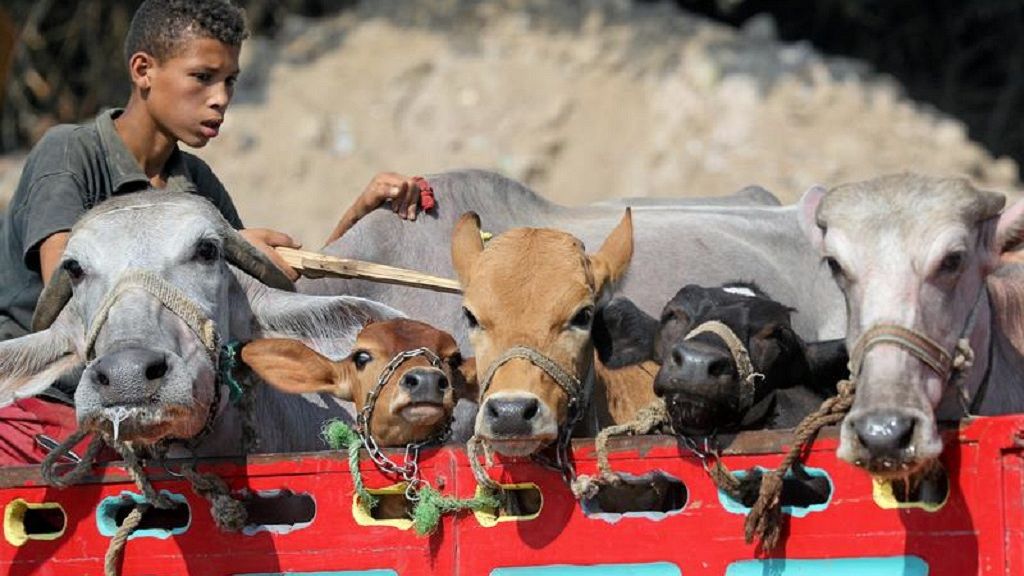
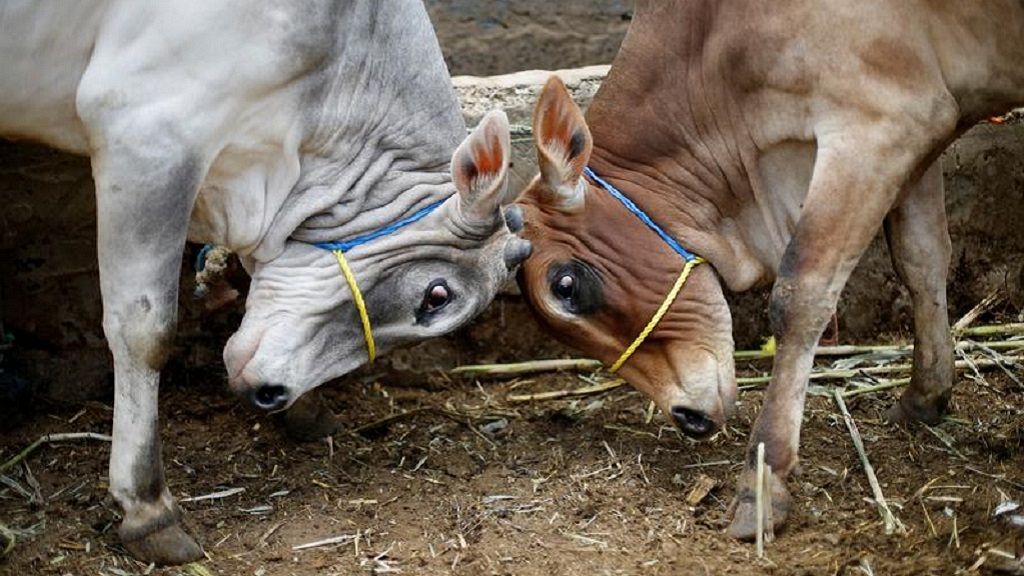
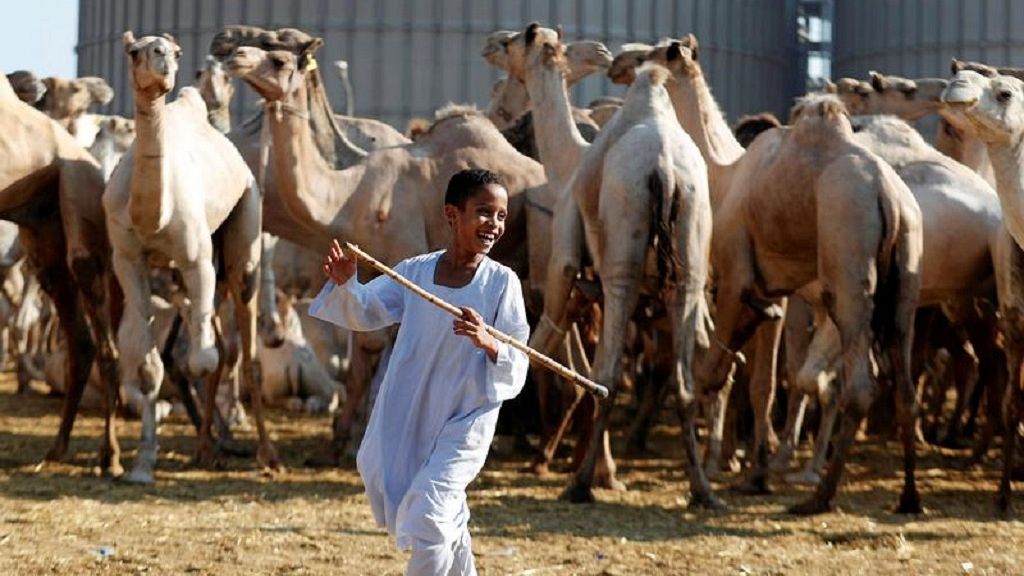
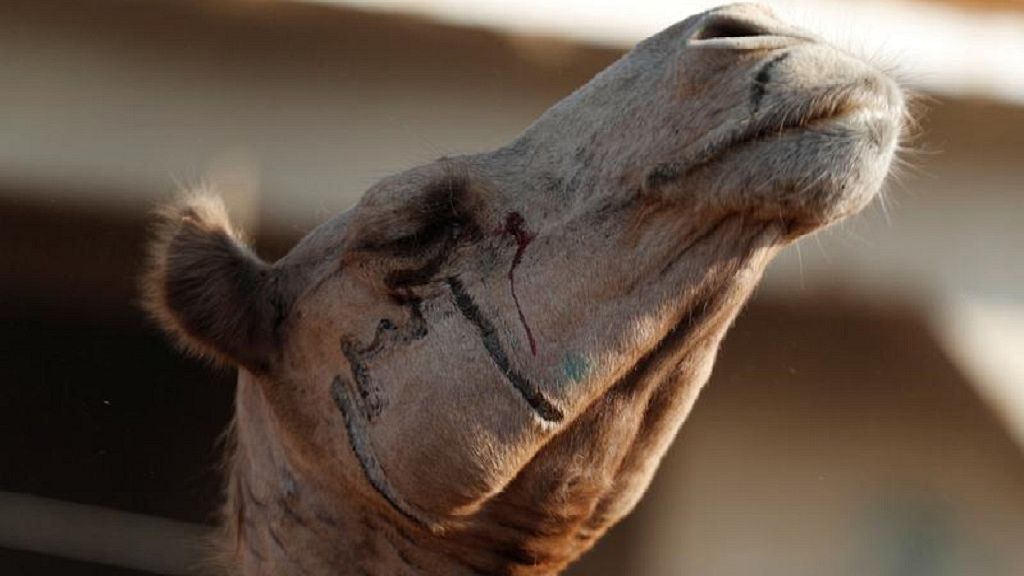
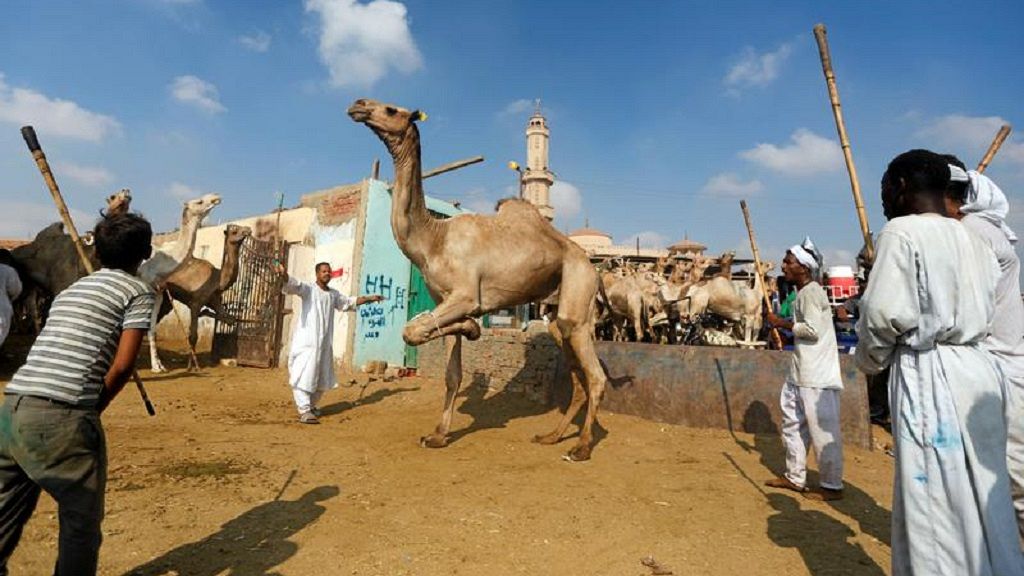
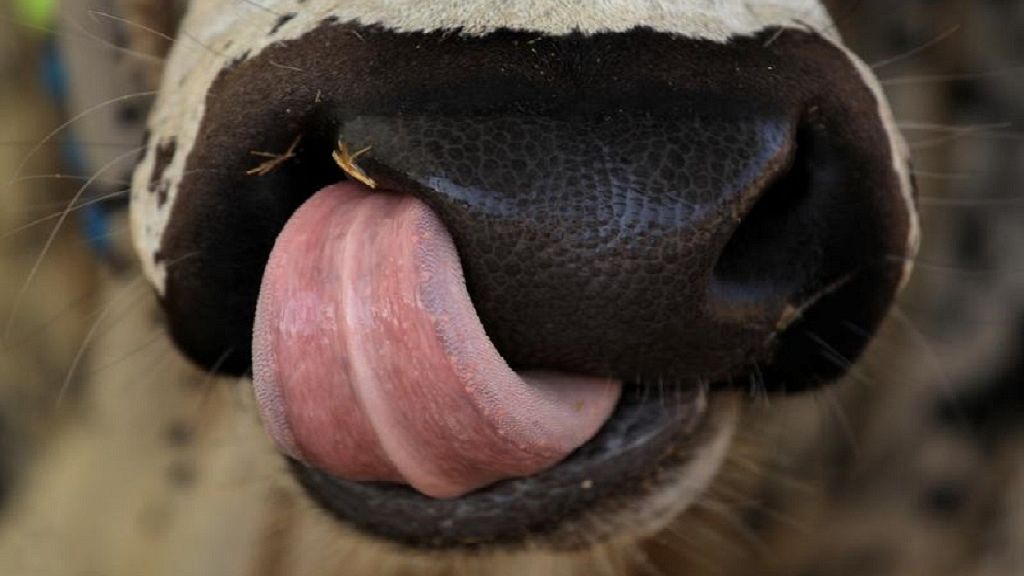
The significance of the slaughtering is in line with the obedience of Ibrahim (Abraham) who accepted to sacrifice his son Ismael (Ishmael). Allah later allowed him to use an animal to replace his son. Ibrahim passed Allah’s test and Muslims have since symbolically followed his step.
The Eid-ul-Adha comes 2 months and 10 days after the end of the Eid-ul-Fitr, which marks the end of 30 or 29 days of fasting in the month of Ramadan.
As people celebrate elsewhere around the world, pilgrims in the holy city of Makkah continue rites of the fifth pillar of the faith, by observing the symbolic stoning of the devil in precincts of the House of Allah – the Kabah.
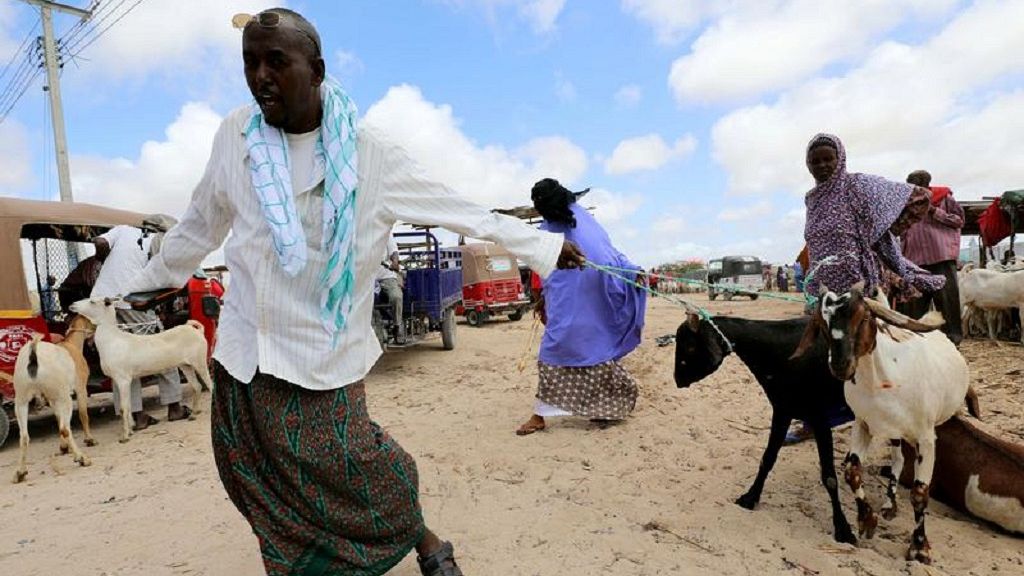
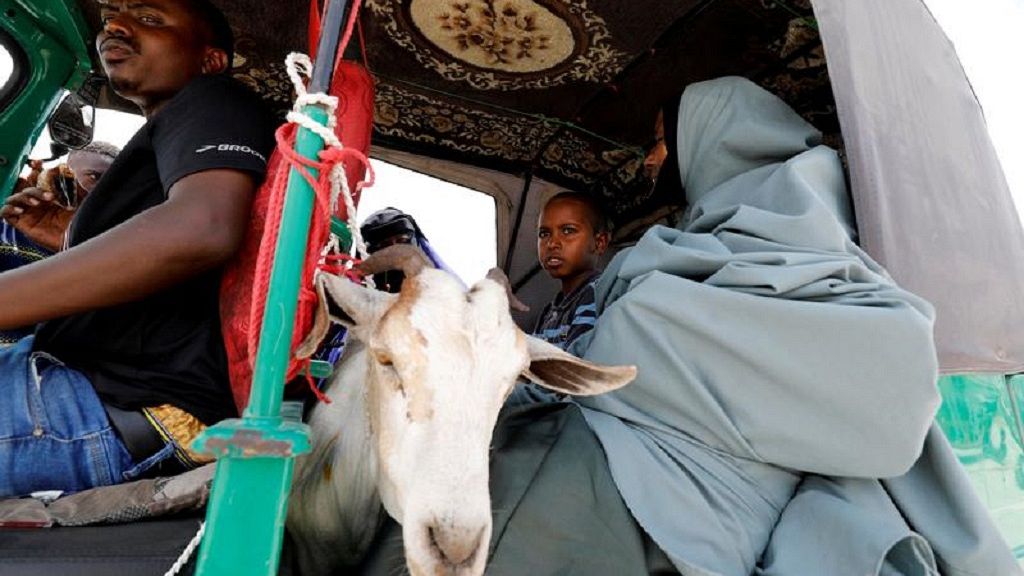

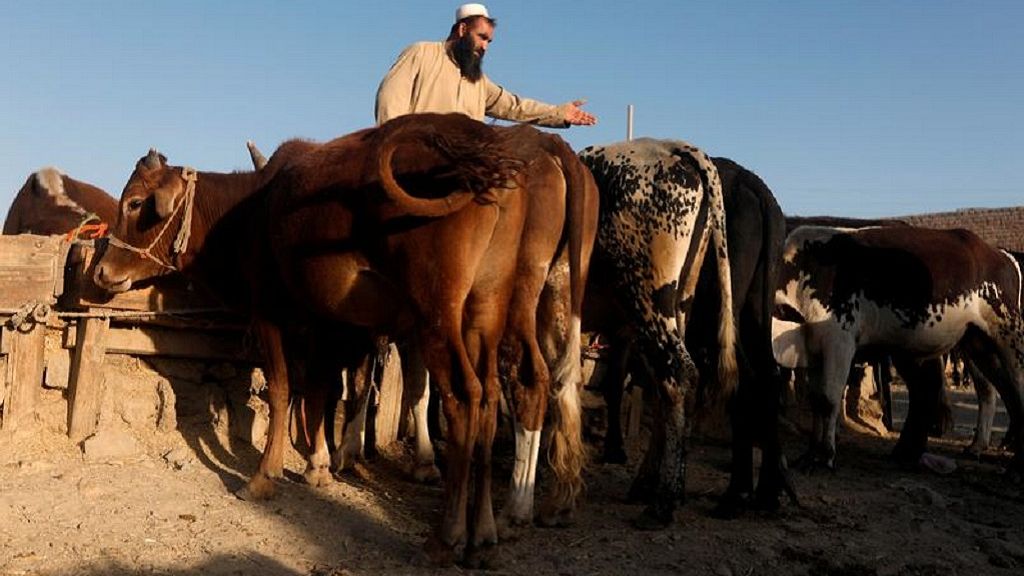
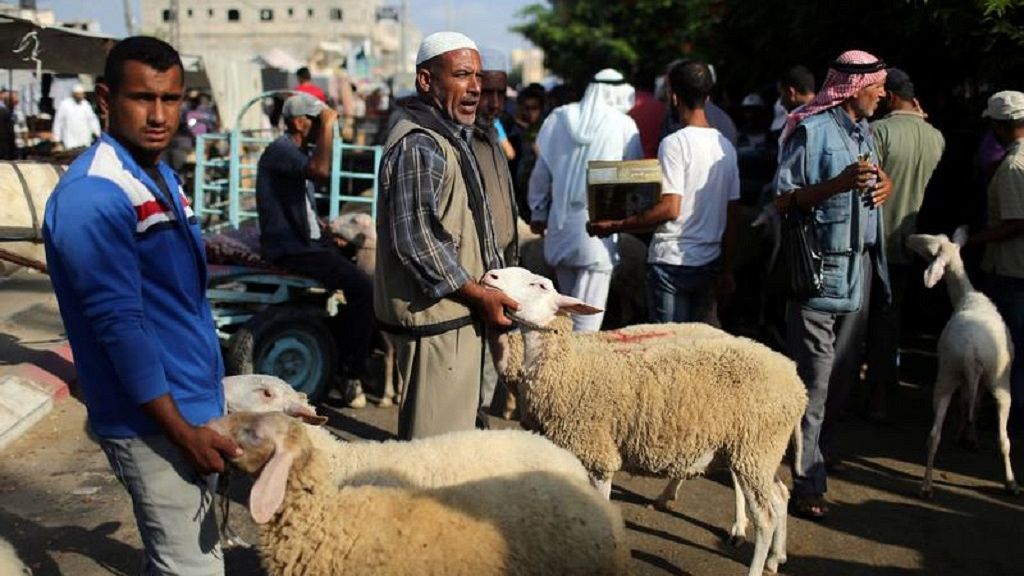
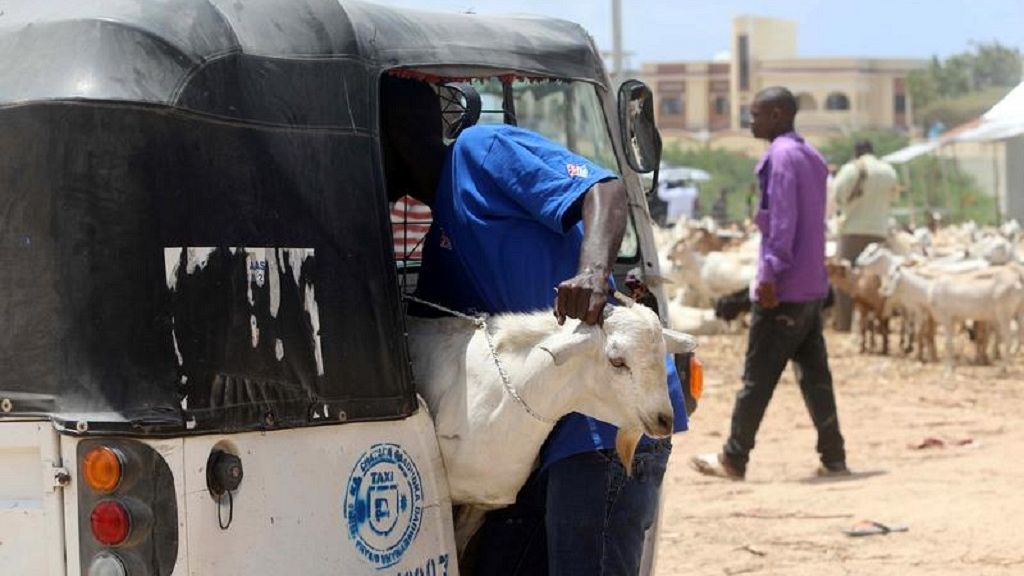



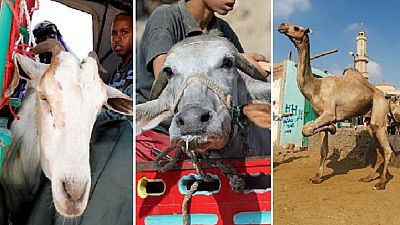


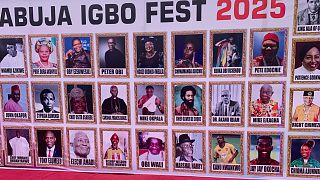







02:03
Muhammadu Buhari's legacy: higlight of his presidential tenure
01:01
Kenya: Visa-free travel now available for many African and Caribbean countries
Go to video
Ruto's $9M mega church sparks outrage amid Kenya's crisis
Go to video
Paraguayan town celebrates vibrant Kamba Ra'anga festival with masks, fire and tradition
01:45
From Uganda to NYC: Zohran Mamdani's rise in American politics
00:54
Kaaba’s sacred cover replaced ahead of islamic new year